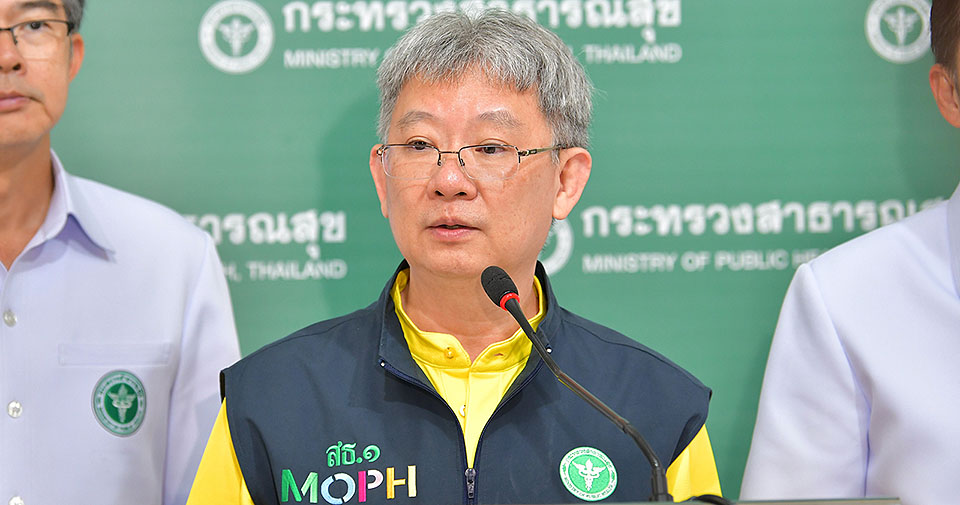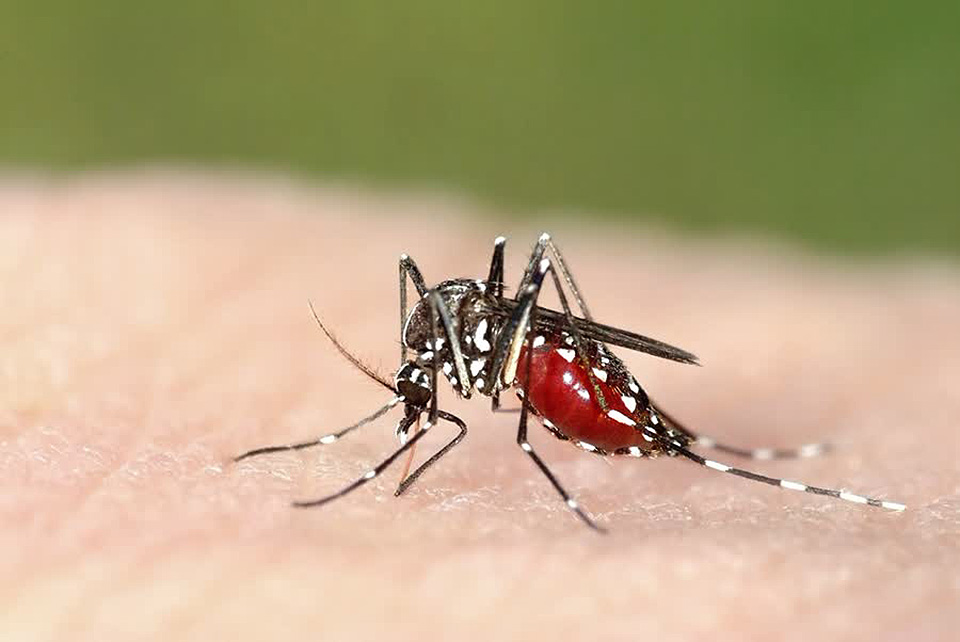
Dengue fever is considered a dangerous disease commonly found in the rainy season. The Ministry of Public Health has announced the number of dengue fever cases this year could reach a 3-year high, while instructing local agencies to cut down on the breeding cycle of mosquitoes, which are carriers of this disease.
The Ministry of Public Health has alerted the general public that the number of dengue fever cases in Thailand this year could be the highest in three years, given the number of cases reported up to this point.
Dr. Opas Karnkawinpong, Permanent Secretary of Public Health, revealed there have so far been 16,650 cases of dengue fever since the beginning of this year, which is many times higher than the previous year.
17 deaths have been reported so far, many of which were among older people with underlying health conditions. The fatality rate among younger people has decreased, thanks to better health precautions.

The permanent secretary of public health said the early stages of dengue fever could be difficult to diagnose, as the disease shares many symptoms with other viral diseases such as COVID-19 and influenza. This similarity in symptoms often results in patients self-prescribing medications, which is heavily discouraged in cases of dengue fever, as this could lead to fatal complications. Patients are strongly encouraged to seek medical attention to get a proper diagnosis, instead of buying their drugs.
Data from the Bureau of Epidemiology shows most cases of dengue fever have been reported in Nan province, followed by Trat, Chumphon, Chanthaburi, and Tak. Ten provinces have been categorized as high-risk dengue transmission zones, namely Tak, Pathum Thani, Samut Prakan, Bangkok, Chanthaburi, Trat, Phuket, Songkhla, Narathiwat, and Satun.
The Department of Disease Control has recommended public health authorities in these provinces to set up an emergency operations center, and to work with related agencies to eliminate breeding grounds of mosquitoes. (NNT)






